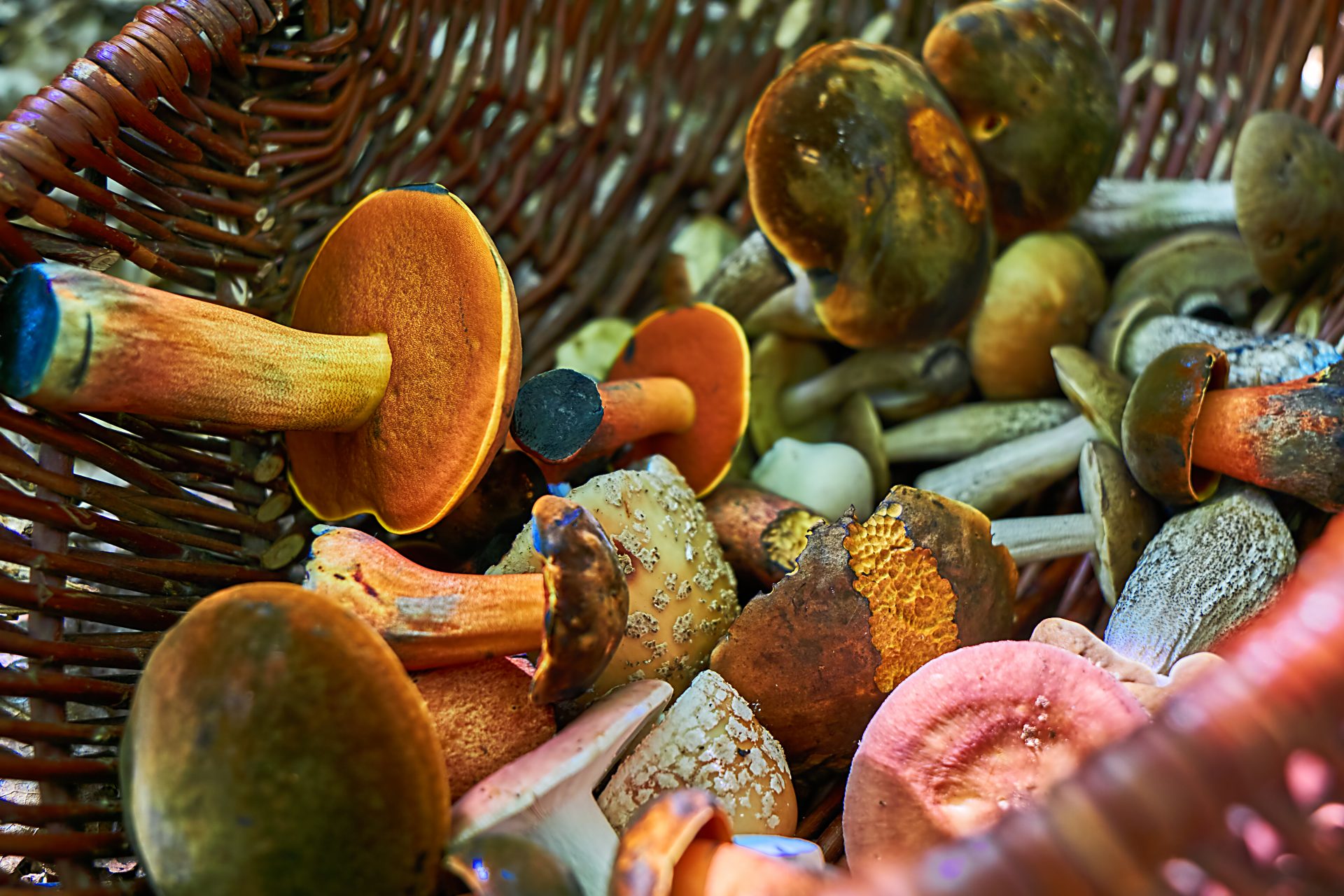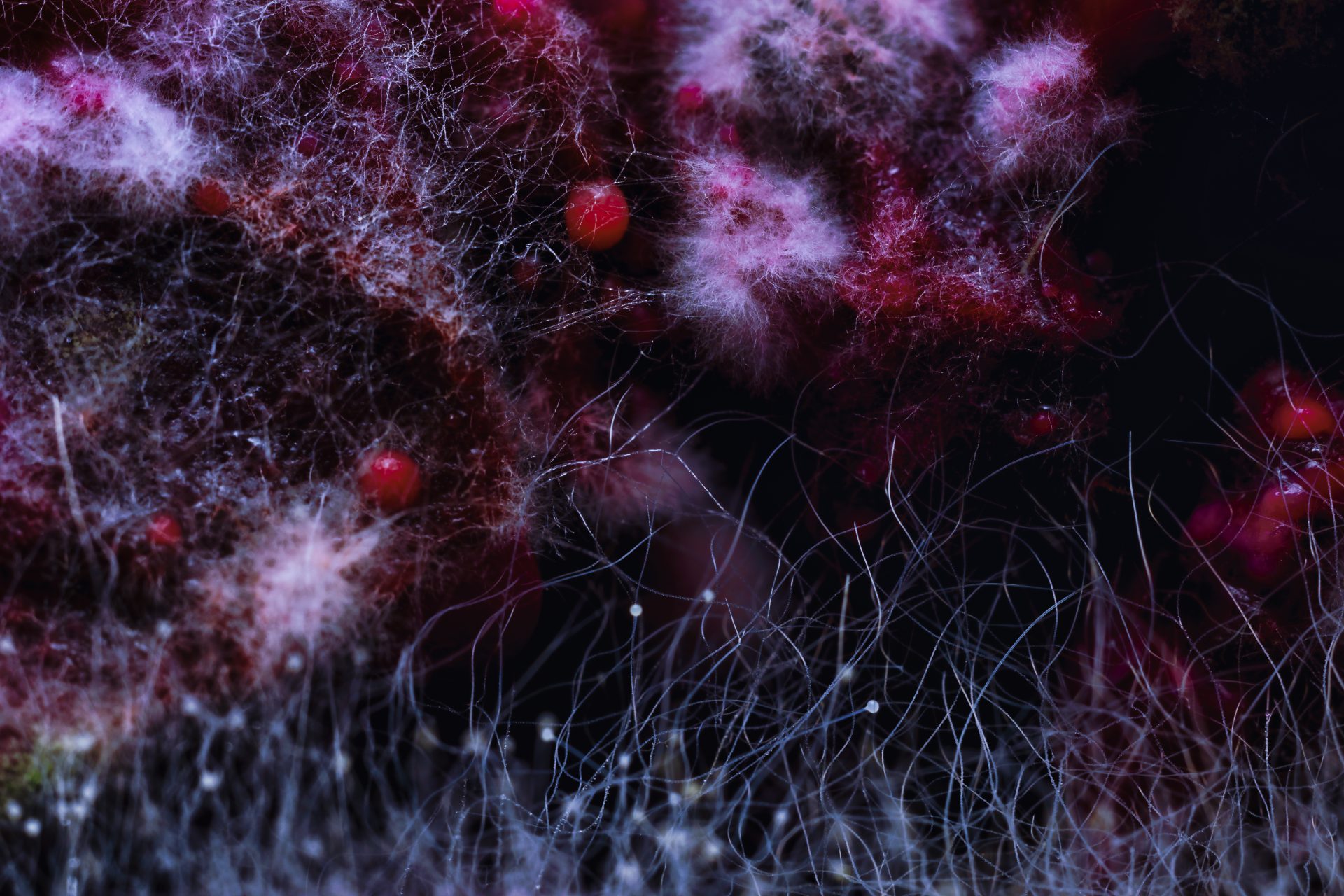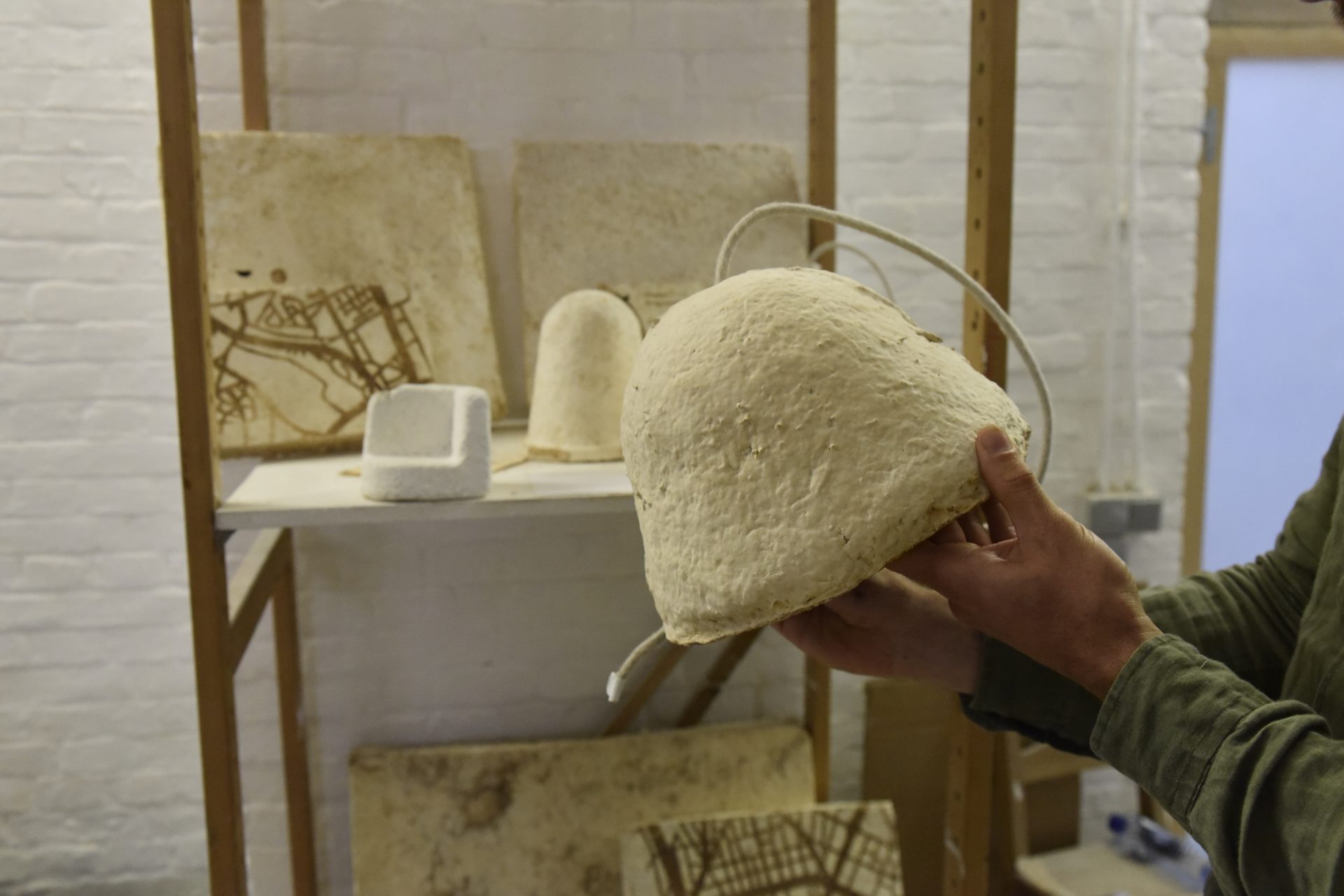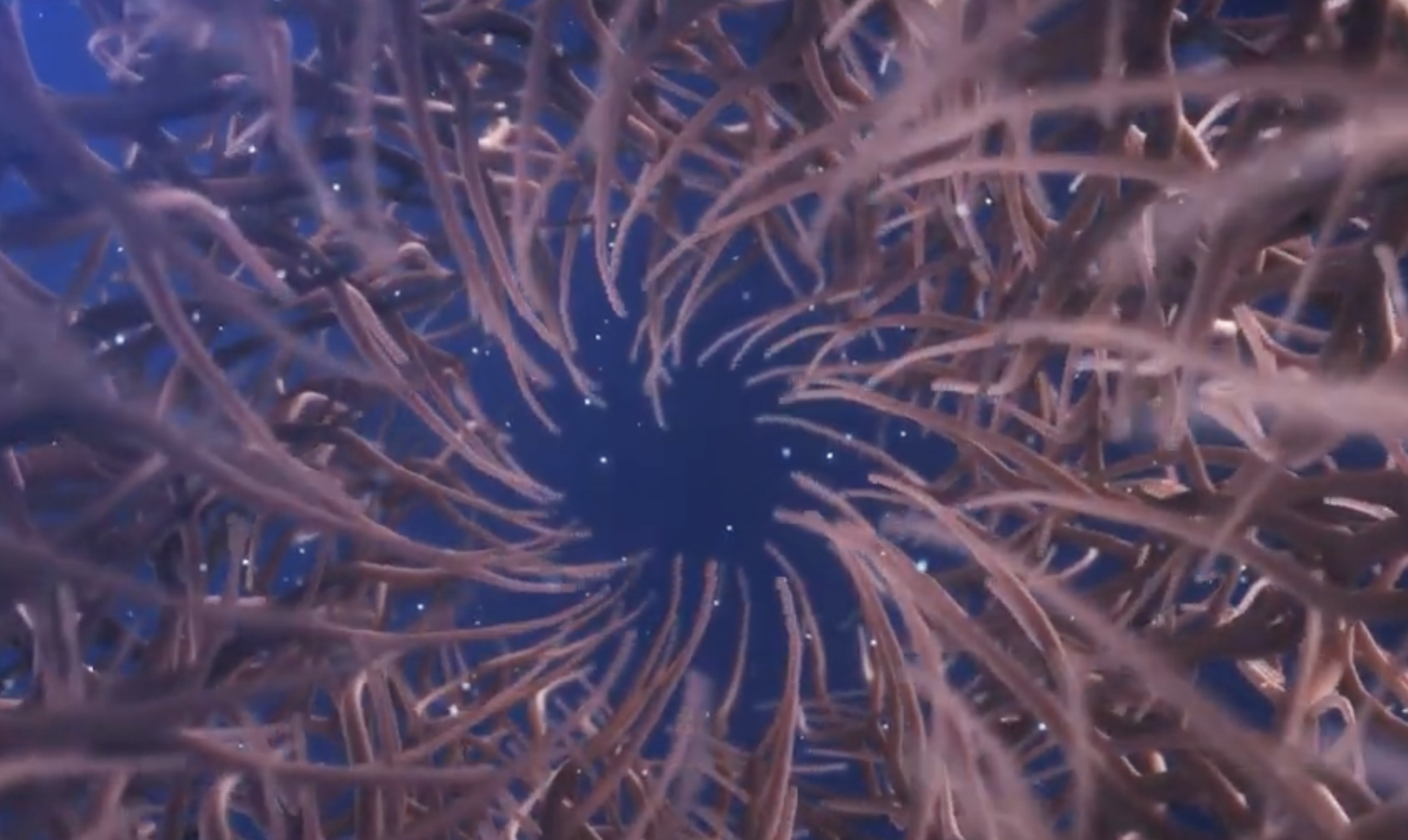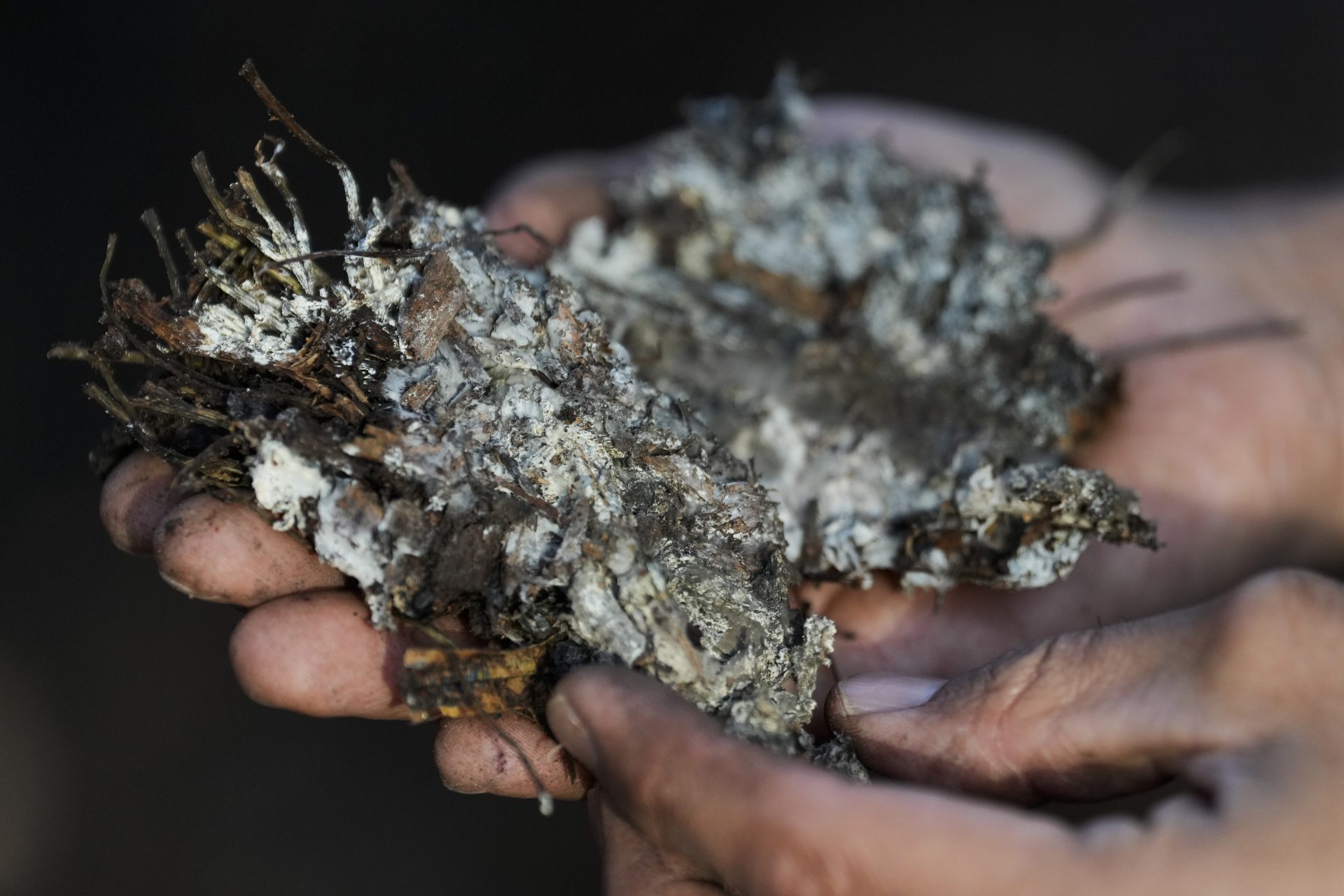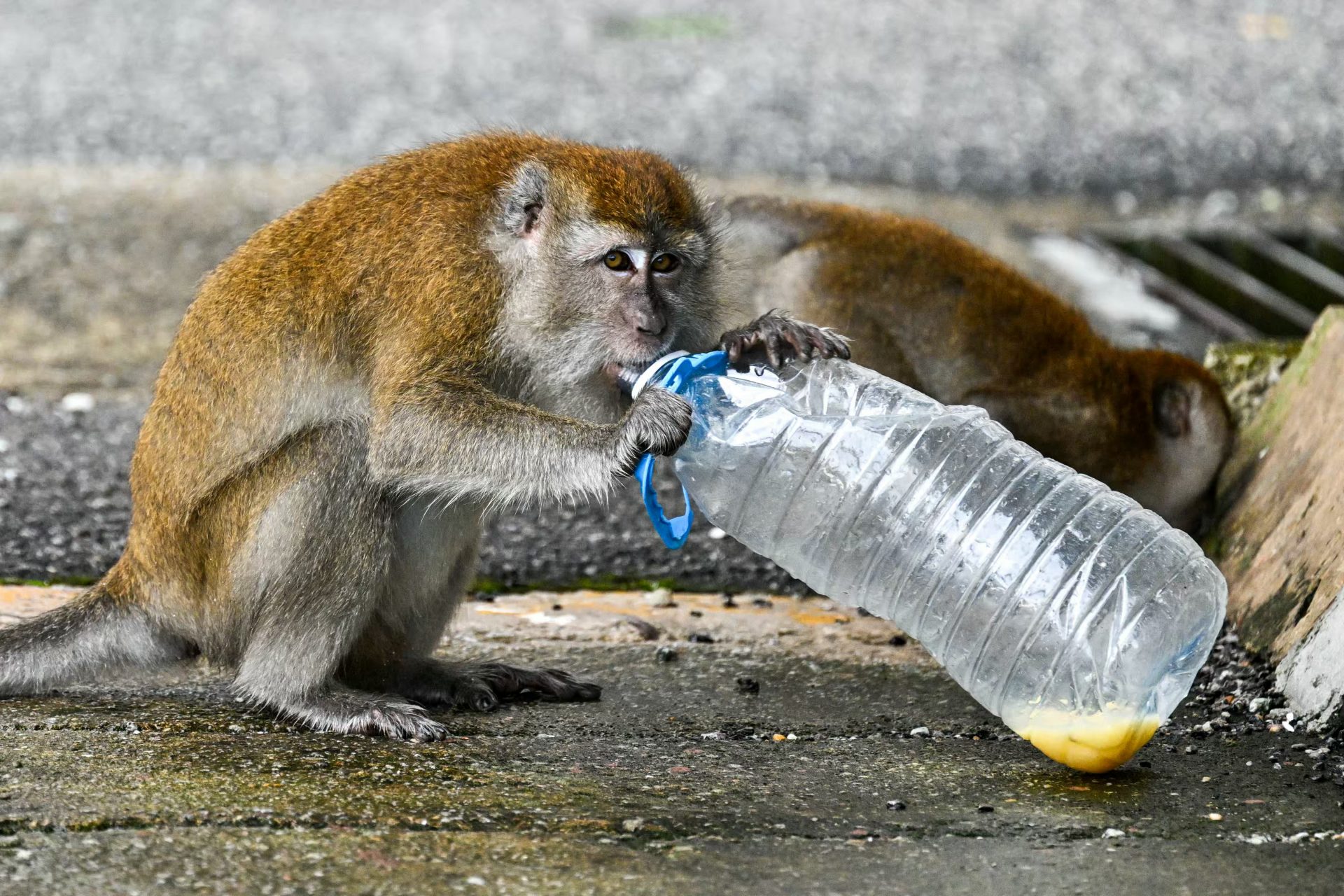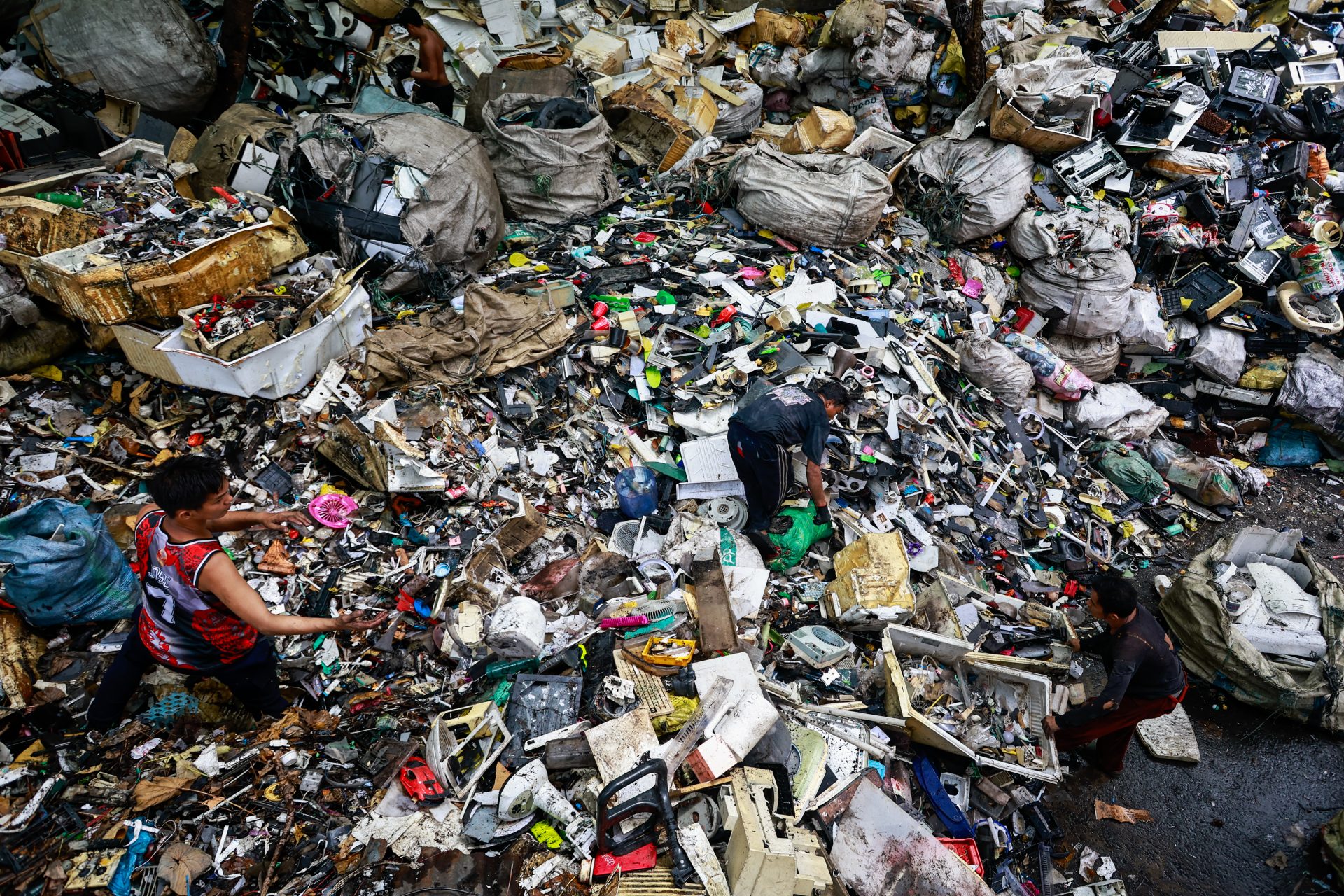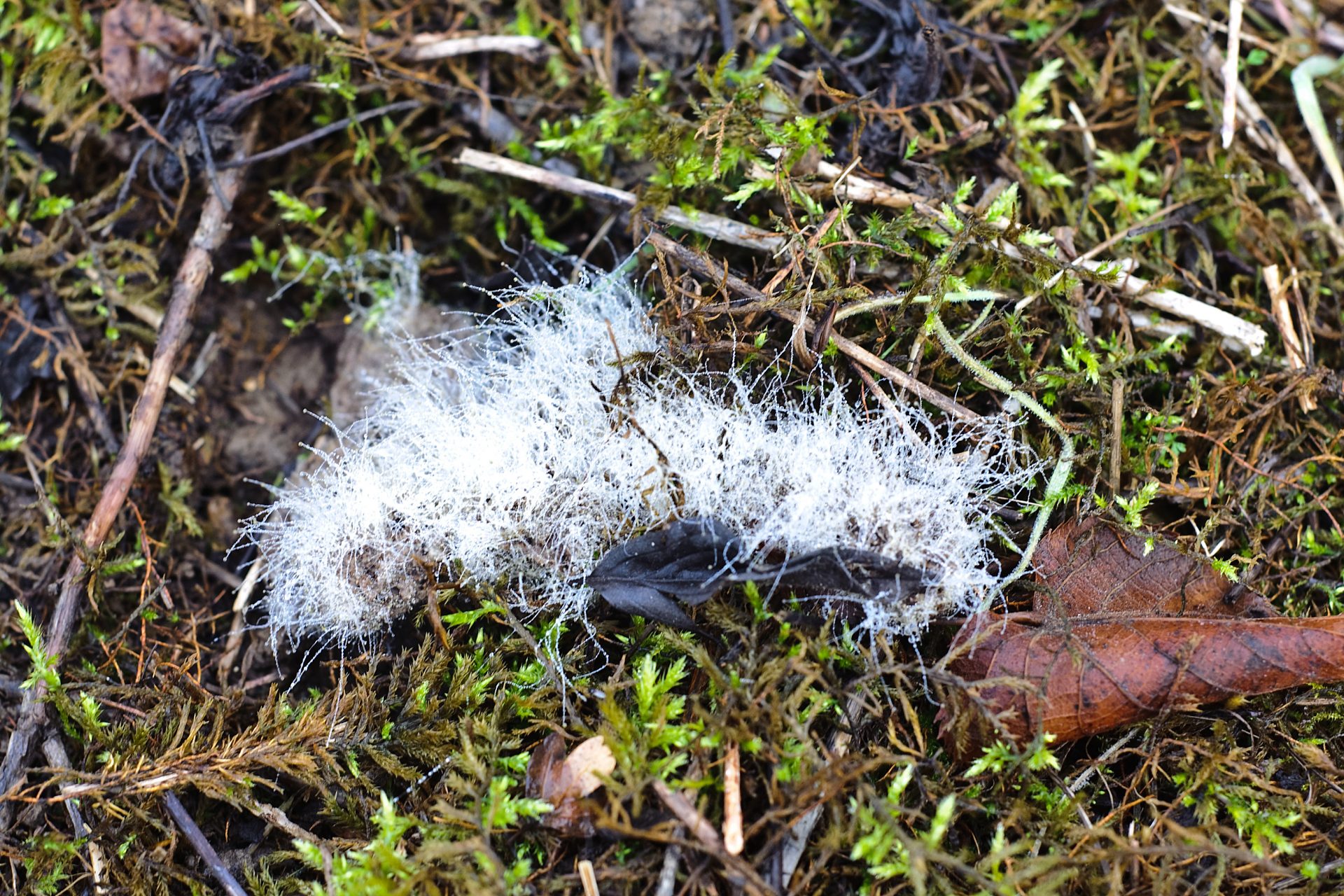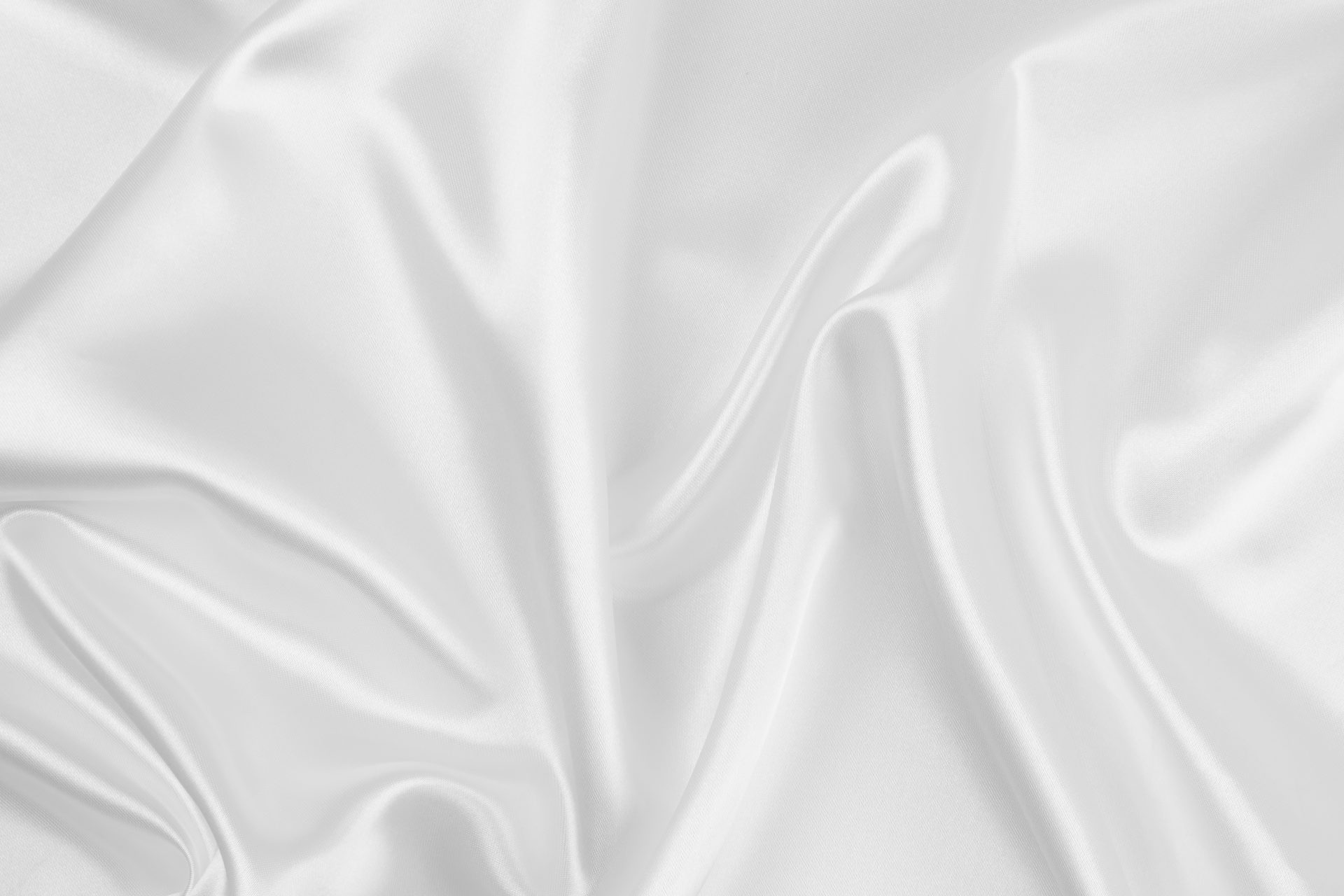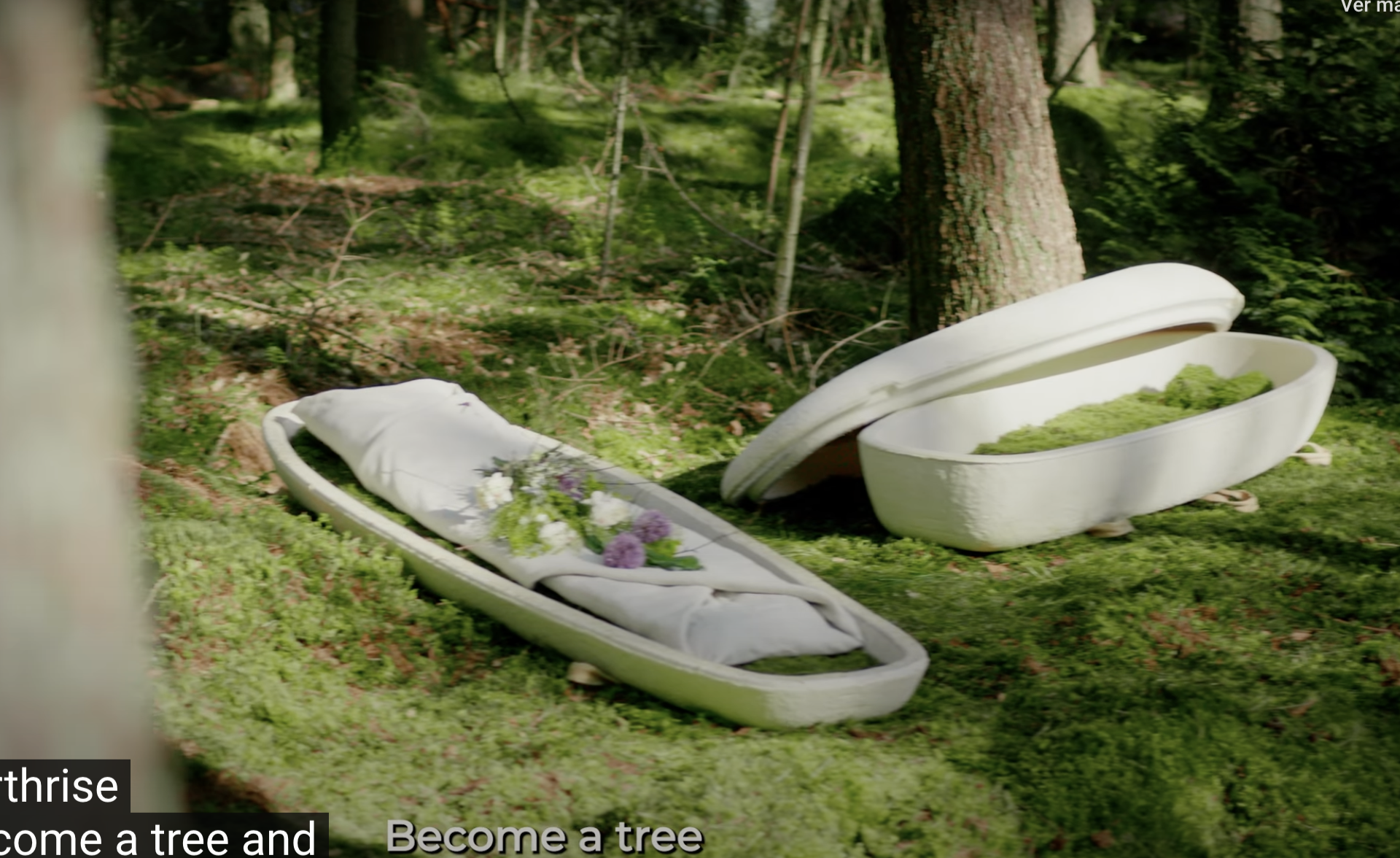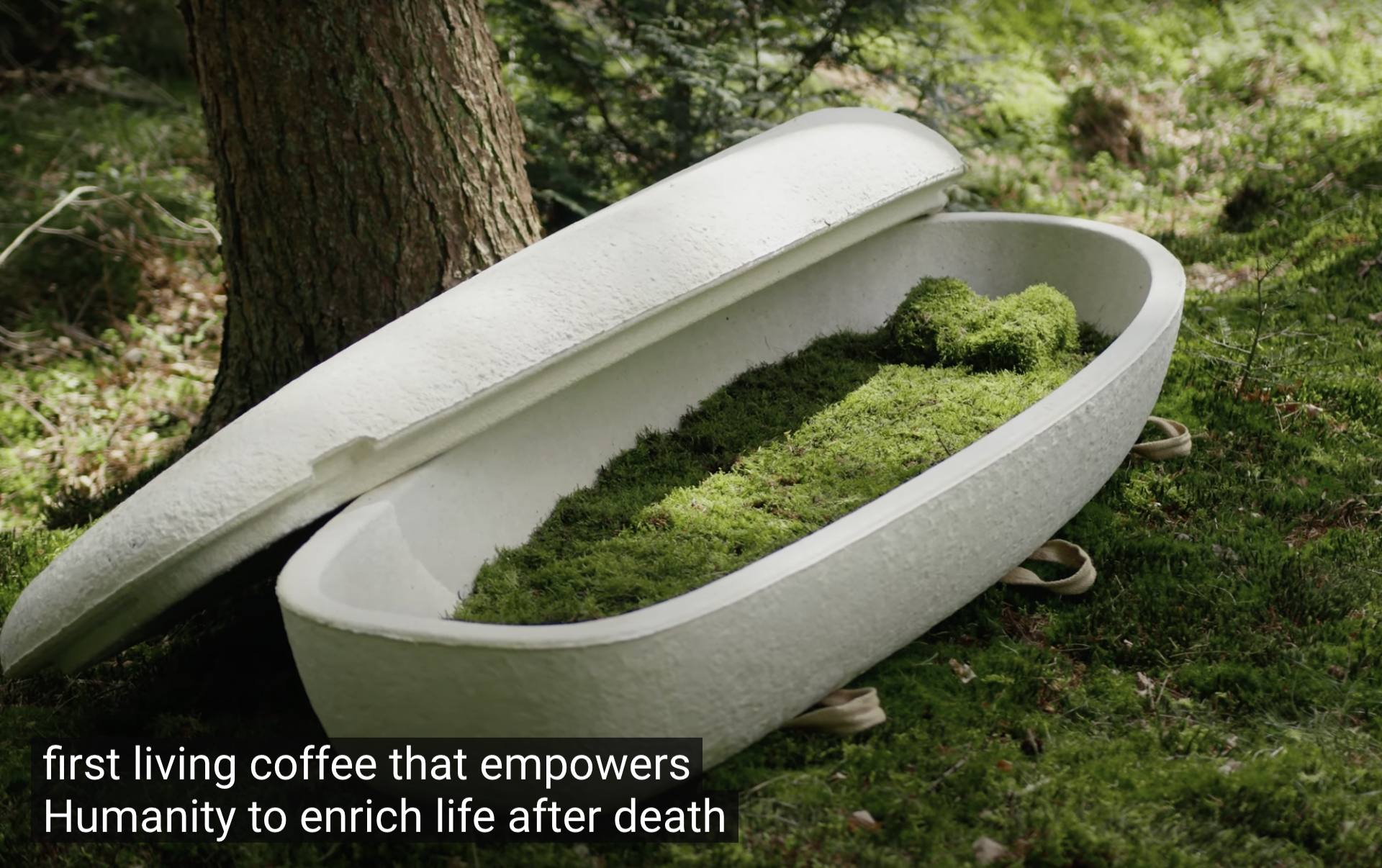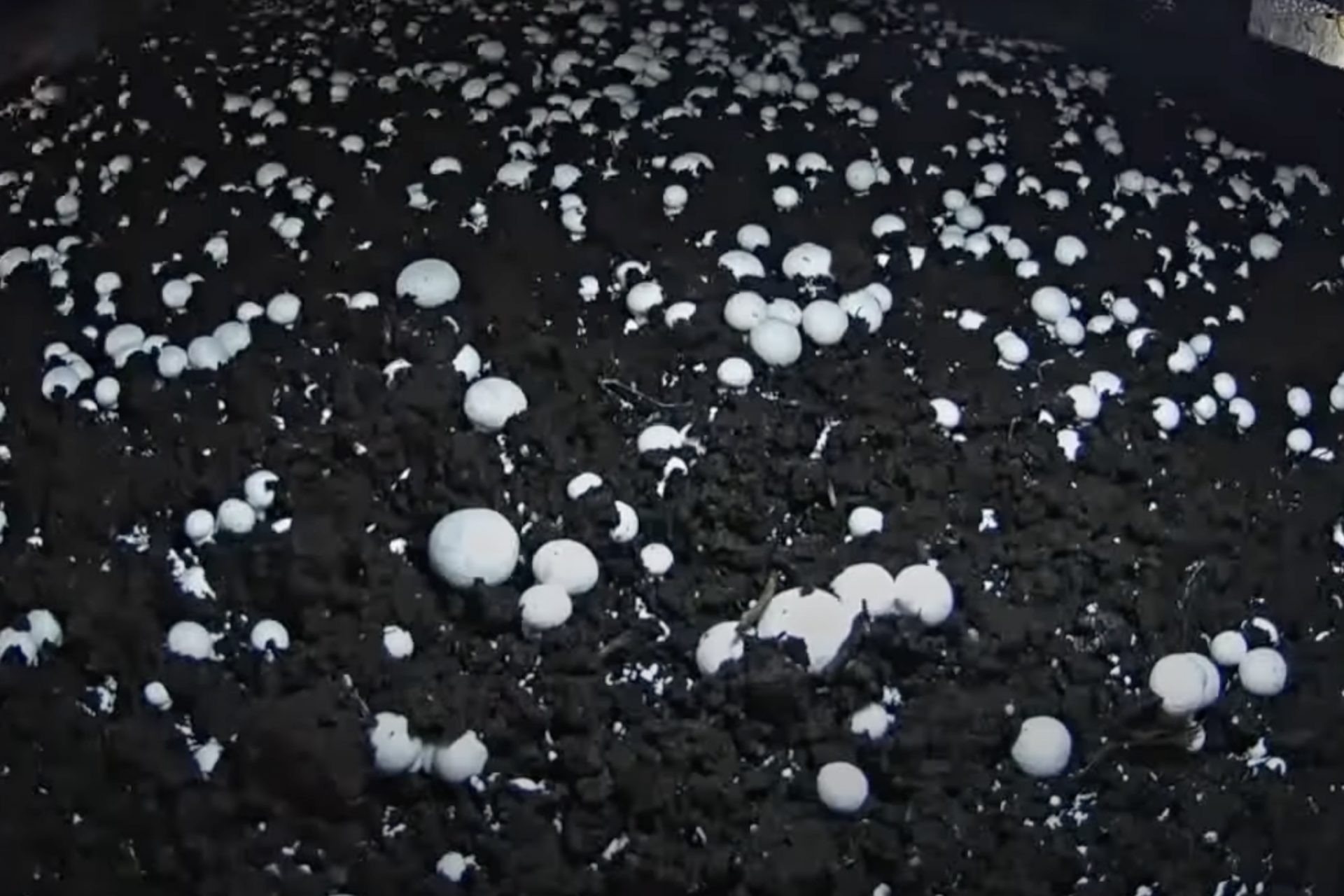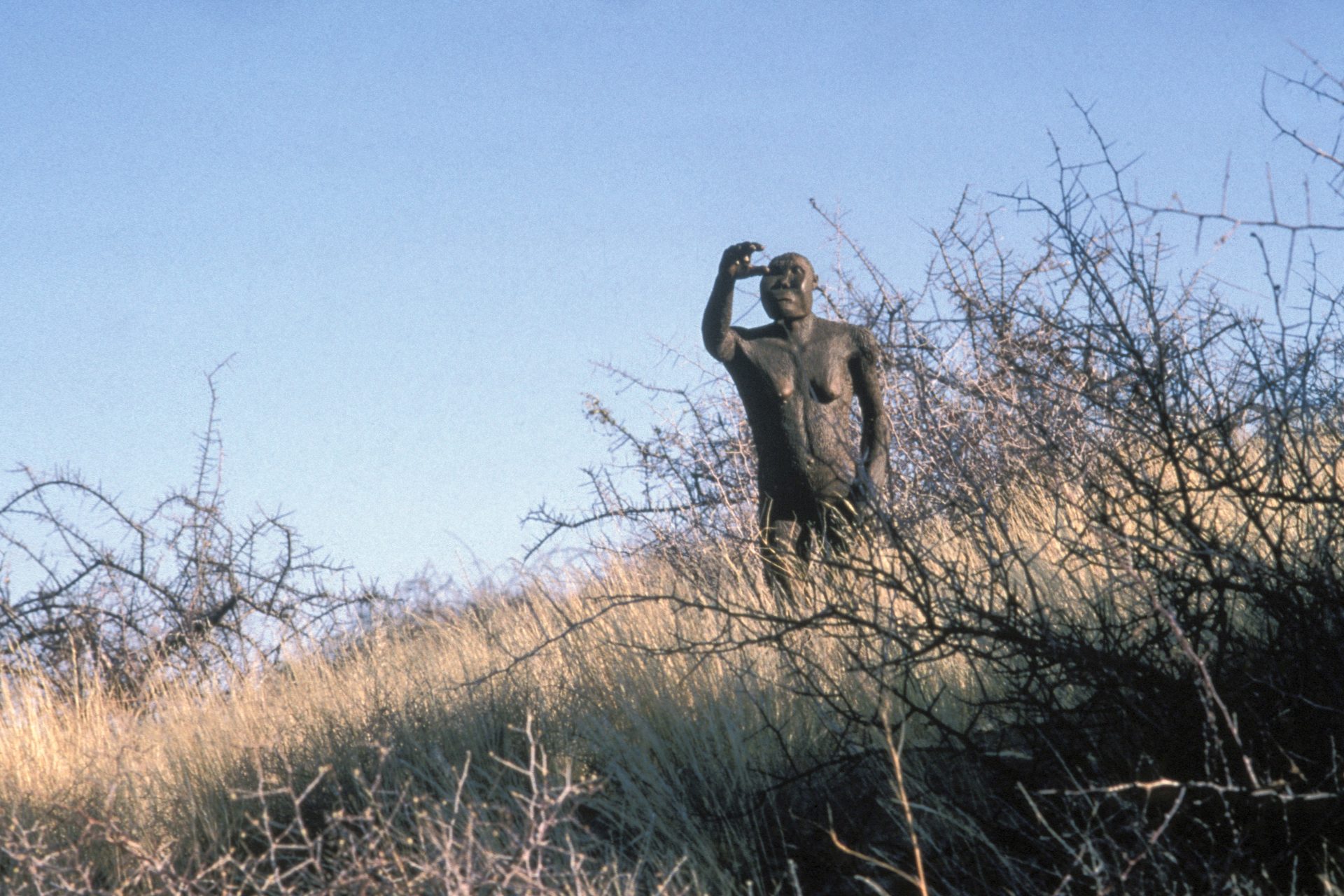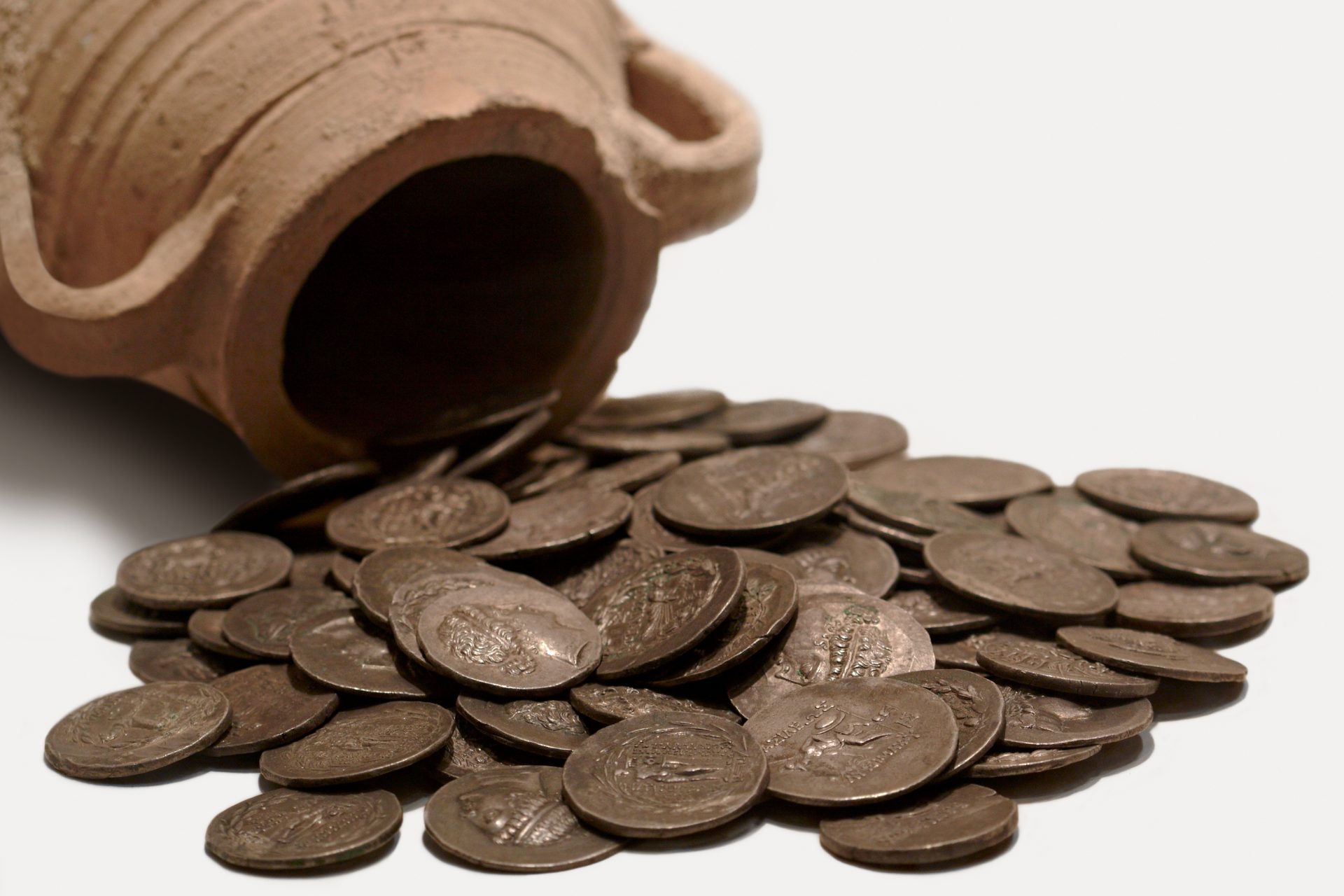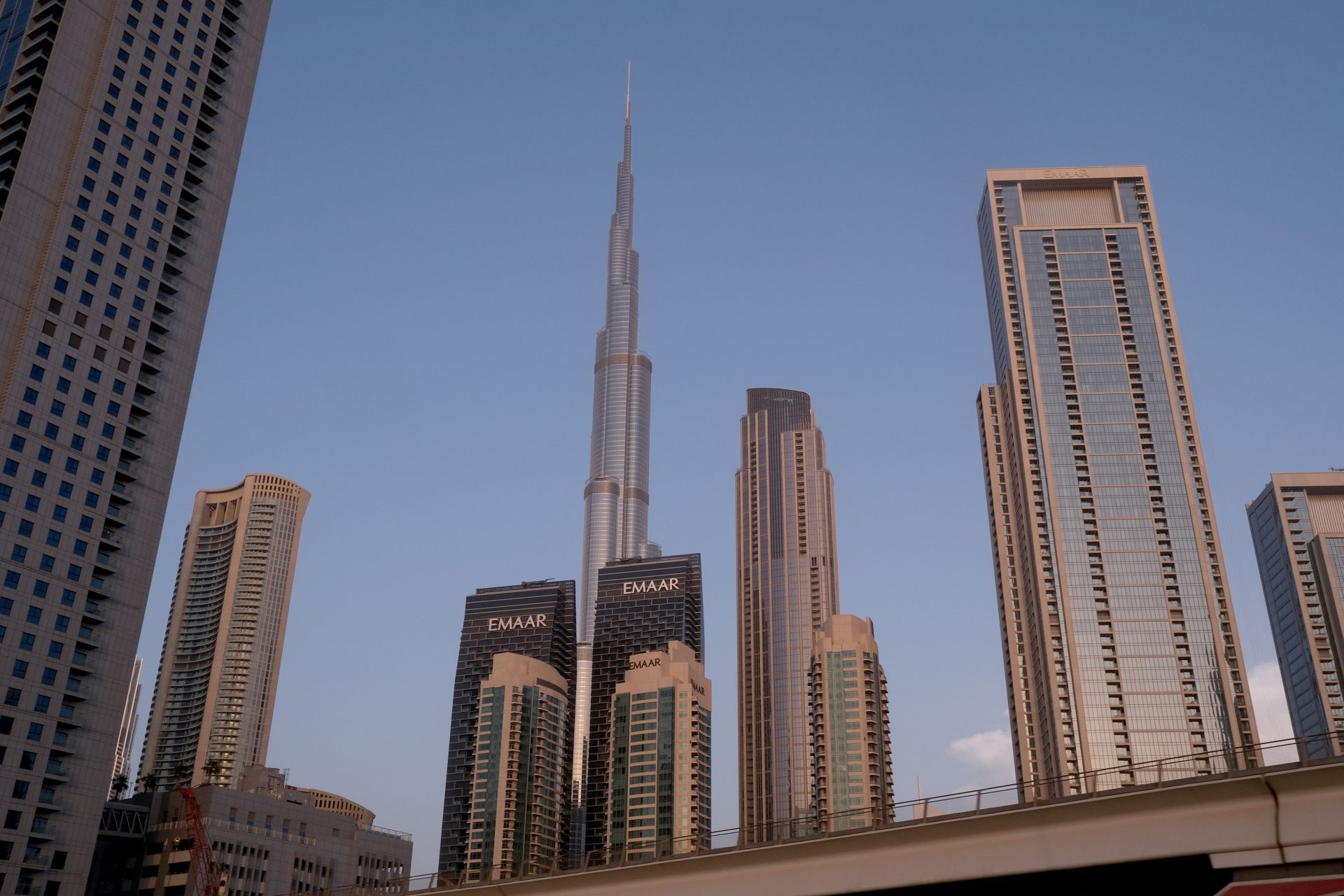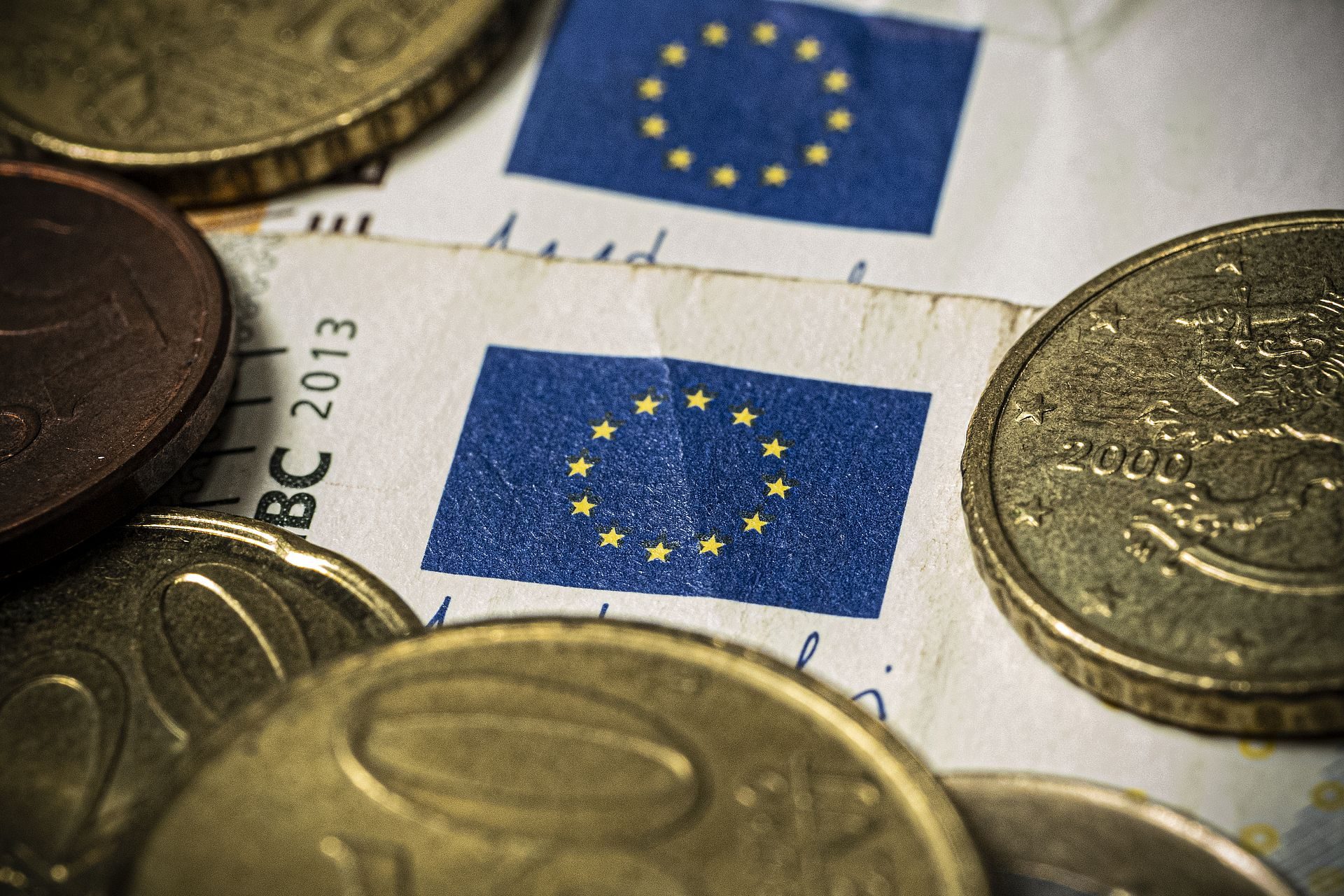The magic of the mushroom in our quest for a sustainable world
New technology is driving the hope that the mythical mushroom could turn out to be our salvation as we seek a solution to global pollution in all its guises.
Much of the excitement revolves around the mushroom’s immense root system, otherwise known as the mycelium, which reaches 300 miles down into the earth and connects plants and trees.
Recognized as efficient in taking in and breaking down hydrocarbons, mycelium is now being recognized by companies such as Ecovative for its ecological value in producing food, leather-like textiles and packaging materials, reports The Washington Post.
Ecovative is one of the first companies to cultivate mycelium specifically for the production of meat, plastic and leather substitutes.
Another fungi trailblazer is MycoWorks, which turns basic ingredients like sawdust, bran, water and mycelium into materials resembling leather, cotton and silk.
Photo: screenshot from MycoWorks website.
Researchers are also looking for ways to use fungi to solve a host of environmental conundrums. On the agenda is eliminating toxins, gobbling up plastics and improving the quality of our soil.
As plastic pollution grows, the idea of a fungus being able to literally eat it up might strike us as miraculous, yet German scientists have suggested this could be possible, according to Reuters.
These scientists have identified a plastic-eating fungi but stress that it would only be a small part of the solution, with alternative forms of packaging essential to reducing the plastic problem.
The research carried out at Lake Stechlin on north-east Germany showed how microfungi flourish on some plastics with no other carbon source to feed on.
This, Hans-Peter Grossart, head of the research group at the Leibniz Institute of freshwater Ecology and Inland Fisheries, told Reuters TV, indicates that some fungi can break down the ultra-resilient synthetic polymers.
Mushroom fibers can also speed up the decomposition of human remains as Loop, a Dutch company selling coffins has found.
Photo: screenshot from Loop website
Loop’s coffins are made of mushroom and hemp fibers that decompose in weeks, with the mushroom feeding off the human remains.
Photo: screenshot from Loop website
According to the Mushroom Council website, mushrooms are the key to a more sustainable future as, to grow them, minimal water, electricity and land are required. Magic!
Phot: screenshot from Mushroom Council website.
Never miss a story! Click here to follow The Daily Digest.
More for you
Top Stories



